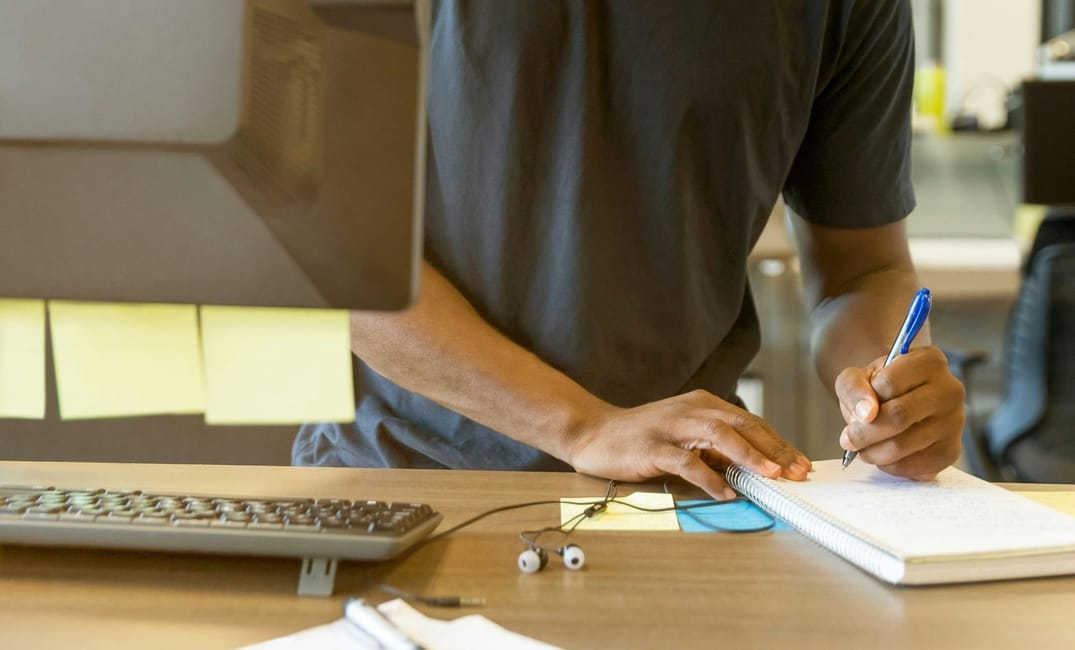By Jess Lomax
Exam season is approaching, and with it comes a heightened pressure to be consistently productive. Whether you’re in college preparing for your A-Levels, at university applying for internships, or searching for a graduate job, there’s a good chance you’ve been sucked into the dangerous culture of toxic productivity. In capitalist society, our productivity is weaponised against us – if we don’t achieve our goals, we’re told it’s because we haven’t put the effort in. So, while productivity can be beneficial, there is definitely a point where ‘hustle culture’ becomes toxic and damaging. It’s important, especially at this time of year, to find a way to be productive without becoming consumed by it.

Support us!
Support us by contributing as little as £1 so we can continue to give young people a voice and a platform they deserve
£1.00
Toxic productivity is ‘an obsession with radical self-improvement above all else’, as explained by expert nurse Emma Selby. This constant desire to work can manifest itself in all aspects of life – whether it’s aiming to do 12-hour study days, feeling guilty for taking breaks, or constantly checking emails when attempting to time off. It’s motivated by an internal need to constantly compete with not only those around us, but with ourselves, resulting in unattainable goals and unrealistic standards.
Social media has undoubtedly accentuated this constant need to work. The growth of ‘study-tubers’ and productivity-focussed influencers has normalised the posting of 8–12-hour study sessions on social media – a goal that no one can maintain on a long-term basis. We all know social media is a space for comparison of physical appearance, but it is increasingly becoming a platform to compare who in our following list is hustling the hardest. In line with the trend of only posting positive moments on social media, online influencers rarely address burnout and the struggles of striving for constant productivity, and this makes them appear like superhumans that can regularly work 12-hour days without consequence. Like many aspects of social media, we are now subject to unrealistic expectations regarding our productivity and productive output. The very influencers we may turn to for motivation are also becoming the influencers that make us feel guilty for not dedicating our lives to work.
Internalised capitalism plays an important role in motivating the culture of toxic productivity. Capitalism as an economic system values profit above all else, and we are taught to believe that sustained productivity will reward us with economic success. This pressures us to tie our self-worth to our output, rather than our happiness, relationships, or well-being. Taking time for ourselves, to indulge in our hobbies or even just rest, is seen as wasteful, because it doesn’t benefit our productivity or economic position. Even when we do take up hobbies, hustle culture encourages us to monetise them and develop them into a ‘side-hustle’. In a world where even our me-time isn’t safe from capitalist pressures, it can be difficult to justify taking time out to take care of ourselves.
The internalisation of capitalism doesn’t just tie our productivity to our worthiness – it ties it to our entire mental state. So much of how we feel about ourselves is tied to our accomplishments – the grades we get, the awards we receive, the promotions we are chosen for. When these things aren’t attained, and we’re told that we just didn’t work hard enough, it is drilled into us that even our most productive selves aren’t enough. Time off begins to make us feel guilty. Resting feels like a waste. Looking after ourselves becomes something we can treat ourselves to, rather than something we deserve. Even in the new era of online working, there’s a severe pressure to maintain our productivity despite the adverse circumstances we find ourselves in. This isn’t healthy.
This isn’t to say productivity is a bad thing, but it is to say that there are healthier ways to manage productivity without feeling a constant need to be comparing our output to those around us. Now is the time to stop forcing ourselves to work through burnout, to unfollow anyone who sets unrealistic working standards, and to take breaks – real breaks – without feeling guilty for doing nothing. We need to realise that it’s completely okay to take weeks off from ‘hustling’ if we have to, because no matter what capitalist culture tells us, productivity is not the be-all-and-end-all. We Are In A Pandemic! Huge changes are occurring around us all the time, and it is totally okay to be productive only when it serves us and our mental state.
Thanks for reading our article! We know young people’s opinions matter and really appreciate everyone who reads us.Give us a follow on Instagram, Twitter and Facebook to stay up to date with what young people think.

